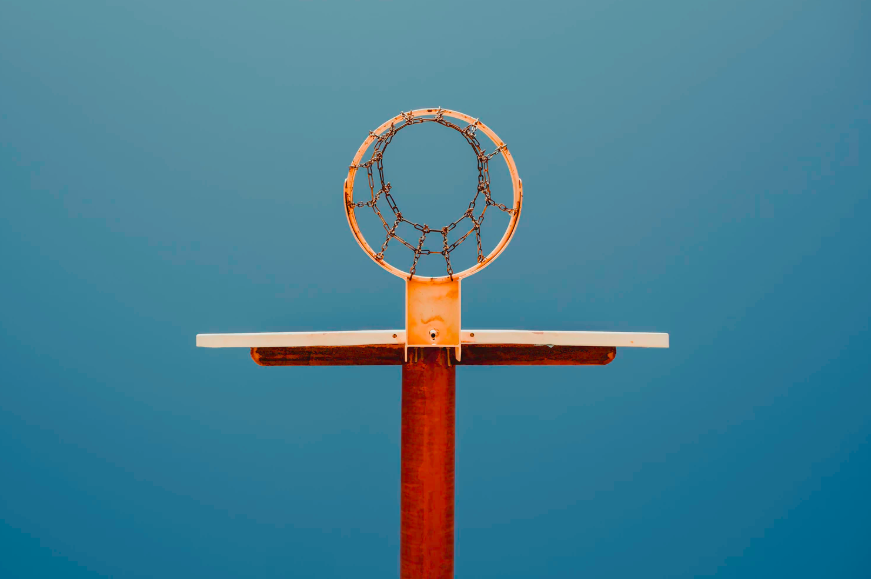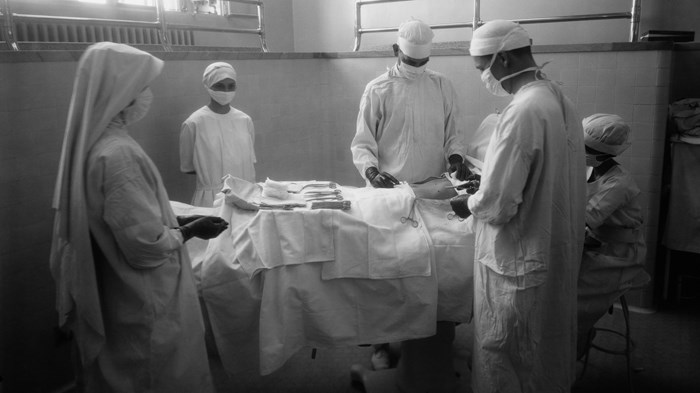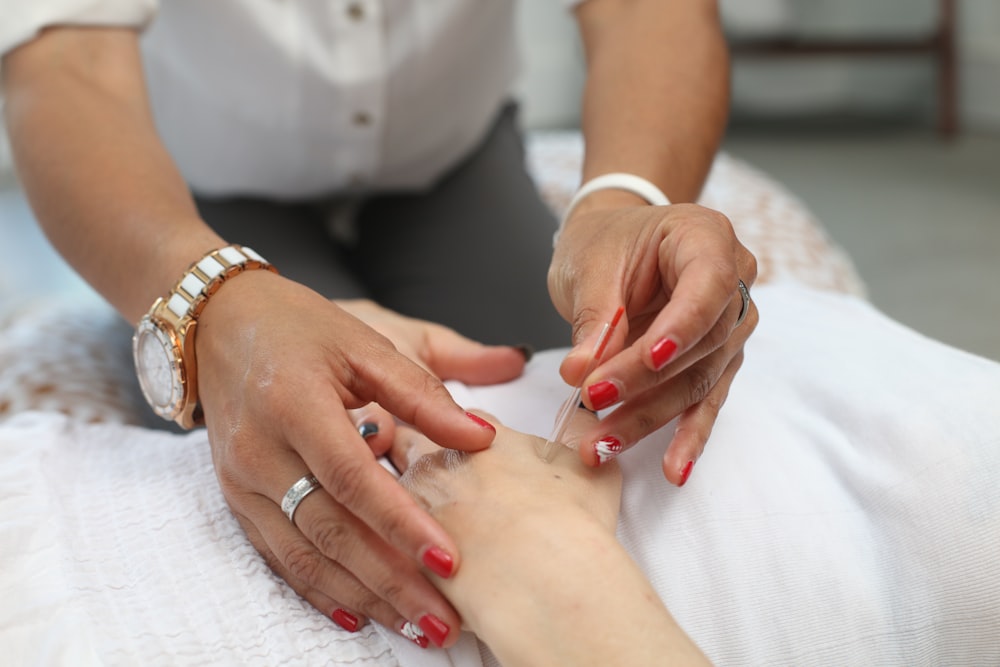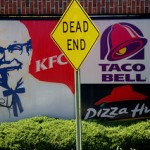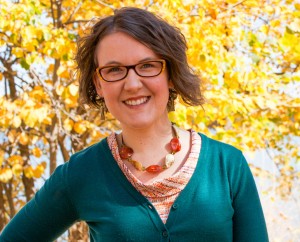Ever wonder if goal setting even matters?
Especially when your body, your health or energy levels aren’t always cooperative.
Here’s my take, based on my 2018 reflections.
Twelve months ago I set 10 goals, some of them rather ambitious or “stretch goals” for me.
I accomplished half of them.
Start learning Italian. Check. (Thanks Duolingo!)
Start a new job. Check.
Travel to at least two new places. Check.
Cut expenses. Check.
Read 12 new books. Check.
I even exceeded a few (I read more than 12 books).
God also brought opportunities for me to do things that weren’t even on my radar 12 months ago. (Which also has helped my health in some measurable ways.)
But by checking off half of my goals, it also means I didn’t meet the other half. Yet.
And I’m dang excited about that 50% rate.
Because even though five more remain to be checked off, I’m one year closer to them than I was a year ago. (Like paying off my student loans. Writing a book. And creating a course…which I’m doing now because I’ll be teaching a university course in January.)
And the five goals I did meet or exceed are now a floor vs. the ceiling they were last year.
So, why set goals?
Because it’s about having a compass.
It’s about taking aim, moving our feet and partnering with a creative, relational God who knows exactly how to surprise and throw in some detours on the journey.
It’s about the relationship.
It’s about the connections created (and loosened) and insights revealed in the process.
You and I won’t make every shot we take.
But we learn from the misses how to adjust for the next ones.
So as I begin to set new goals for 2019, and carry some of 2018’s over into the new year, I look forward to what goals I will—and won’t—meet next year.
What about you? What did you—and did you NOT—accomplish in 2018? What’s on your radar for 2019?
Photo credit: Tanja Heffner on Unsplash
